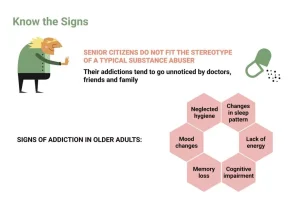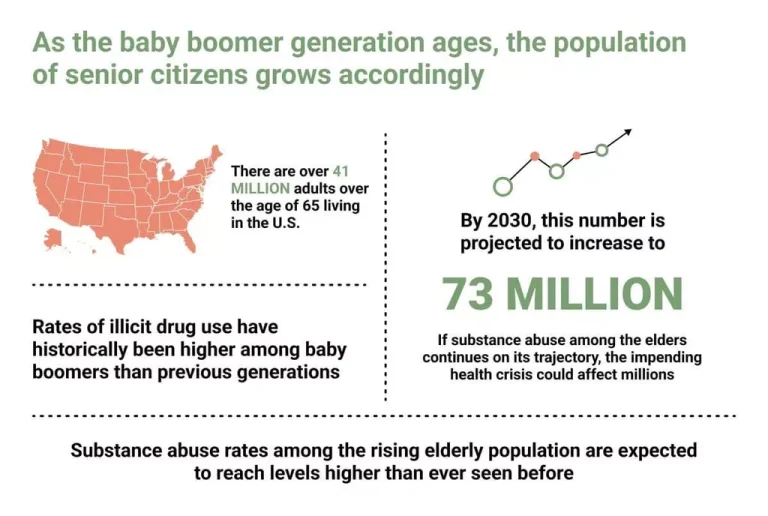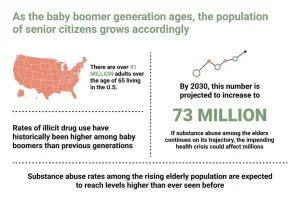Bets10 Bahis Sitesi Alt Yapı Sporları ve Site Tasarımı Hüzeyfe Travel
September 12, 2024Pin Up Casino Online Seyrək Azerbaijan Пин Ап Казино Pinup Rəsmi Saytı Pin Ap Bet 30 金州資訊September 12, 2024

If we chose modest consumption, identifying the proper environments and reasons to reach for a drink can feel empowering. Perhaps a glass of wine during a conversation with a friend is a pleasure we want to allow ourselves and helps us feel connected and engaged. Maybe alcohol is celebratory, or a chance to explore new cultures or experiences through taste. To be fair, consuming alcohol, especially in social settings, is often beneficial.

In your brain and nervous system
İçindekiler
In humans, this type of tolerance can be shown in the performance of well-practiced games played under the influence of alcohol. For example, an person who typically plays darts sober would likely experience impairment in performance if intoxicated. But if a person regularly drinks while playing darts, they may experience no alcohol-related impairment because of their learned tolerance. As pubs and bars reopen across England, many are excited about the opportunity to enjoy a drink with friends and family. While some evidence suggests alcohol consumption increased during lockdown, other reports suggest that over one in three adults drank less – or stopped altogether.
What are the short and long-term effects of alcohol use on your brain and body?
It helps to be familiar with the signs of being drunk so you know what to expect, when to stop it, and when to get help. At this stage, you will no longer respond to what’s happening around or to you. You may also pass out or lose control of your bodily functions. Sign up to our newsletter to get more articles like this delivered straight to your inbox. Get the help you need from a therapist near you–a FREE service from Psychology Today.
Alcohol ’causes more harm than all drugs combined’
This means that your body adapts to having alcohol, so you need more to feel the same effects that you did before. How much alcohol you consume plays a role in how long you’ll stay drunk. But one of the most common culprits for feeling anxious the next day is often what you do while drinking. “That’s why people talk about having an increased tolerance to alcohol, because the liver has adapted to cope with it.
- Research suggests people who already struggle with feelings of anxiety in their day-to-day lives are especially vulnerable to hangxiety.
- This reaction is not an inevitable reaction to alcohol consumption, experts believe.
- “We don’t view people as responsible when they’ve been drinking,” White tells WebMD.

The initial euphoric effects of alcohol are a result of dopamine being released from the reward center in the brain. Sure, when inebriated, they’re capable of out-extroverting most extroverts. But their “genuine” show of wild drunken emotional abandonment remains contrary to their day-to-day personality. In fact, once they sober up, there will be no carry-over from what in an altered state of consciousness they so boldly put on display. Certain medical conditions, especially those that affect kidney or liver function, can affect how quickly alcohol is metabolized and how it affects you.
Originally developed to help treat alcohol dependence, the ideas described in the model led to a new understanding of what motivates people to drink. I’ve heard drinking described as “a cup of extroversion,” providing confidence in situations that otherwise would trigger awkwardness, embarrassment, or even anxiety. The avoidance common in the socially anxious may be initially overcome through alcohol, but requires repeated doses if an individual wants to re-engage in the future. Narrowing from a societal view to an individual one, my clinical experience suggests the triggers for drinking are varied. Negative emotions are certainly on this list, such as feeling nervous attending a social event, particularly after the mandated social withdrawal of the pandemic.
Drugs & Supplements
Alcohol enters your bloodstream within minutes of ingesting it. The more alcohol you consume, the more alcohol gets into your bloodstream. You’ve knocked back a few drinks and things start looking a little fuzzy. Together, this interaction affects your mood, emotions and alertness.
- Muscle has more water than fat, so alcohol will be diluted more in a person with more muscle tissue.
- These drinkers may be using alcohol to cope with other problems in their life, particularly those related to anxiety and depression.
- “There’s a saying that one drink is not enough but one is too many,” he said.
Alcohol is mainly a depressant, but it actually has stimulating effects when you first start drinking. It begins to do its thing pretty much the moment it goes into your mouth, and its effects become more noticeable as the alcohol makes its way through your body. Tolerance is an important factor in understanding our drinking habits. It’s also important to remember that drinking as much as you used to after a period of drinking less (or not at all) could lead to greater intoxication, blackout and accidents. So if you plan to head back to the pub with friends now that lockdown is over, be mindful of how your drinking has changed so you can stay safe and enjoy that first tipple. They’re cultivated over time through observations and external influences.

The Fun of Being Drunk Is All in Your Head, Not the Bottle
When you drink small amounts of alcohol, you experience a “buzz.” People often feel mildly aroused, excited, and energized. Most people believe, as they drink more, they’ll continue to experience these positive effects but, since alcohol is a depressant, it slows what does being drunk feel like down your central nervous system. Those initial positive feelings diminish over time as more alcohol is consumed. If you drink more, you won’t regain that “buzz” but will only exacerbate these negative effects. Drinking excessively in a short amount of time may also lead to alcohol poisoning and death (PDF).
